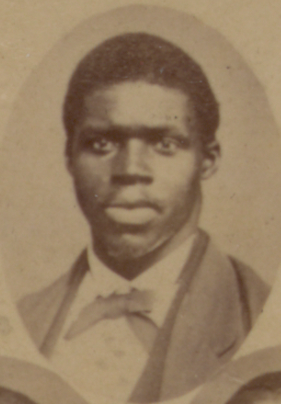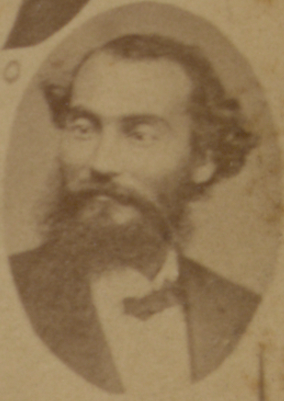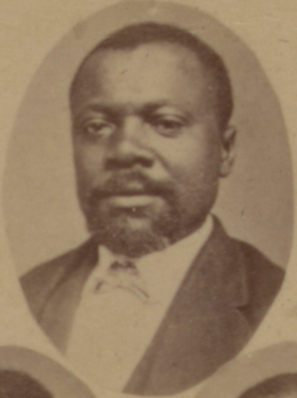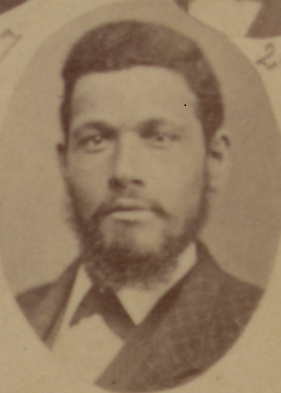Related Research Articles

Fielding Lewis Wright was an American politician who served as the 19th lieutenant governor and 49th and 50th governor of Mississippi. During the 1948 presidential election he served as the vice presidential nominee of the States' Rights Democratic Party (Dixiecrats) alongside presidential nominee Strom Thurmond. During his political career he fought to maintain racial segregation, fighting with President Harry S. Truman over civil rights legislation, and holding other racist views.
Florence Carson Warfield Sillers was an American socialite and historian. A member of an influential American family with colonial ties, Sillers was a prominent figure of Mississippi society and was a founding member of the Mississippi Delta Chapter of the Daughters of the American Revolution. She was a member of multiple lineage and historical societies including the Colonial Dames of America, the National Society Magna Charta Dames and Barons, and the Mississippi Historical Society. In 1948 she published the History of Bolivar County, Mississippi, a book on the history of Bolivar County that glorified the Confederacy and contributed to the Lost Cause narrative.
Henry Musgrove was a politician in Mississippi during the Reconstruction era. He served as the Mississippi state auditor from 1869 until 1874, and as the Secretary of State of Mississippi in 1869. He ran on the Republican ticket with officials including James L. Alcorn who was elected governor. He moved to Mississippi in 1866 from Indiana.
Randle Nettles was an American farmer, Baptist preacher, state legislator, and state militia member during the Reconstruction era in Mississippi. He served on the county Board of Supervisors from 1870 to 1872. He represented Oktibbeha County in the Mississippi House of Representatives from 1870 to 1873. He was appointed as an officer to the state militia.

Orange Brunt was an American state legislator in Mississippi. He served in the Mississippi House of Representatives from 1874 to 1875 representing Panola County. He had a wife named Thursday and children.
Green Millsaps was a state legislator in Mississippi. He represented Claiborne County in the Mississippi Senate from 1870 to 1873 He was elected to the state senate during the Reconstruction era in December 1869 and served when Republicans, often referred to as Radical Republicans, held office.
William M. Hancock was a judge and state legislator in Mississippi. His father was Judge Jubal Braxton Hancock.
Francis Marion Abbott was an American railroad officer and politician who founded Abbott, Mississippi. The Clarion-Ledger identified Abbott and Finis H. Little as Radical Republican state senator elects in 1869.
A. S. Dowd was a state legislator in Mississippi. He served as president of the Mississippi Senate. Elected in 1869, The Clarion-Ledger identified him as a Radical Republican. He served two terms representing Coahoma County. He was elected president of the senate pro tem. He was preceded in office by H. Mosely and succeeded by C. M. Bowles in 1872.

James D. Cessor was an American saddle and harness maker, state legislator, and public official in Mississippi. He represented Jefferson County, Mississippi in the Mississippi House of Representatives from 1871 to 1877.

Louis Kossuth Atwood, also documented as L. K. Attwood was a lawyer, bank founder and president, minister, teacher and state legislator in Mississippi.

Harrison H. Truhart. was a blacksmith and state legislator in Mississippi serving as a representative from 1872 to 1875. In 1872 he was elected to the Mississippi House of Representatives to represent Holmes County, Mississippi along with Perry Howard and F. Stewart. In 1874, again with Perry Howard and Tenant Weatherly replacing Stewart, he represented Holmes County in the House.

Tenant Weatherly was an American state legislator in Mississippi. He represented Holmes County, Mississippi from 1874 to 1875 and 1880 to 1881 in the Mississippi House of Representatives. He was a Methodist.

John Wesley Caradine was an American farmer and state legislator from Mississippi. He served in the Mississippi House of Representatives in 1874 and 1875. He was the first state representative for Clay County, Mississippi after it was established in 1871.
Amos Drane was a delegate to Mississippi's 1868 Constitutional Convention representing Madison County, Alabama. He was one of 16 African American delegates at the constitutional convemtion.
McCron Avondale Cook Hussey was an American politician from Natchez, Mississippi.
David Jenkins was an abolitionist, civil rights campaigner, newspaper founder, and politician in Columbus, Ohio and Mississippi. He served as a state legislator in the Mississippi House of Representatives. He was a Republican. He represented Madison County, Mississippi.
Amos Randall Johnston was a judge and state senator in Mississippi.

The Facts of Reconstruction is a non-fiction book by John R. Lynch. The book, a rebuttal to critics of Reconstruction era policies in the United States, was first published in 1913.
Jesse Julius Brough (1876–1934) was a piano salesman and state legislator in Mississippi. He served in the Mississippi House of Representatives. He lived in Pace, Mississippi. He represented Bolivar County. He was blind. In 1927 the area flooded.
References
- ↑ Isbell, Odessa Morrow (July 3, 1996). "Genealogy of a Sullivan Family: With Brief Data on Allied Family of Hammons/Hammonds". Gainesville Printing – via Google Books.
- ↑ Beck, James Burnie (July 3, 1869). "Reconstruction of Mississippi: Speech of Hon. James B. Beck, of Kentucky, Against the Bill Recalling and Conferring Power to Appoint Officers of Election, &c., on the Convention. Delivered in the House of Representatives, March 24, 1869". F. & J. Rives & Geo. A. Bailey – via Google Books.
- ↑ "Clipped From The Clarion-Ledger". December 9, 1869. p. 2 – via newspapers.com.